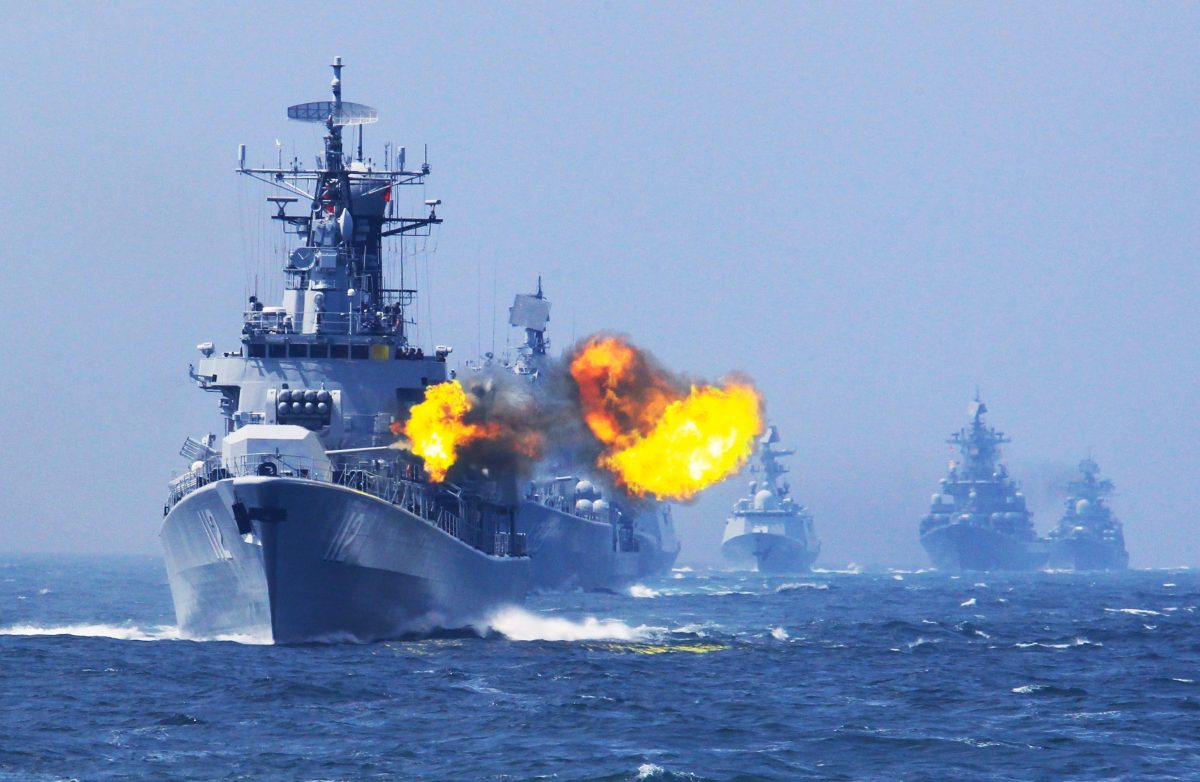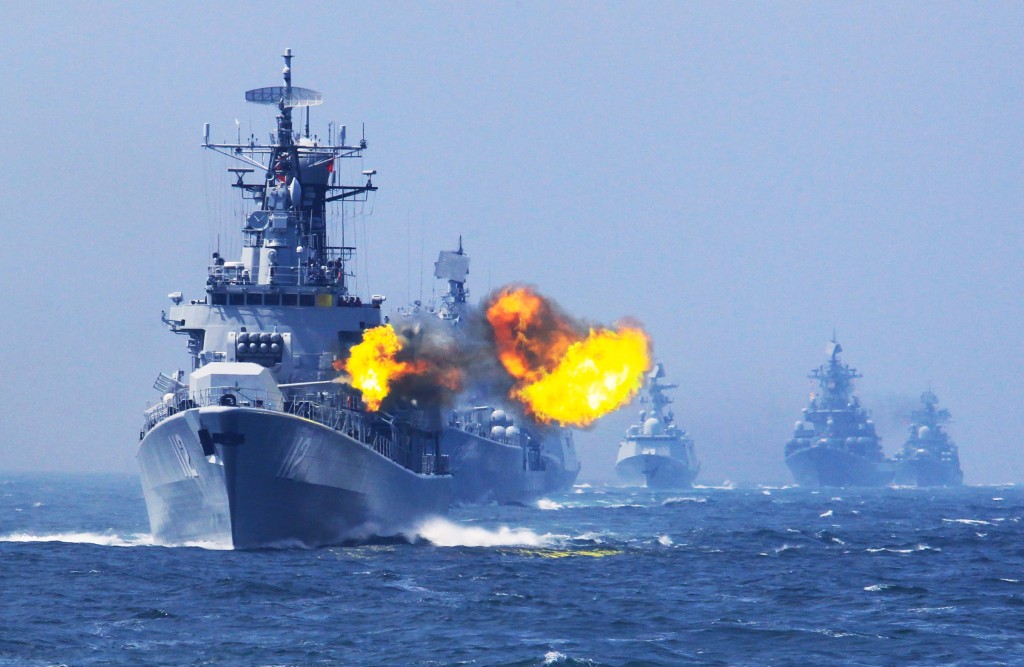The Devon & Cornwall Joint Branch RINA and IMarEST are pleased to announce the presentation of Philip D. Grove’s study “Asia’s 21st Century Naval Arms Race”.
The presentation will take place on Wednesday the 10th of February 2016, at the Royal Plymouth Corinthian Yacht Club, Plymouth. Mr. Grove’s presentation will start at 7:15 pm and both members and non-members are welcomed.
For decades Asia’s defence budgets were dwarfed by those of Europe and North America.
Moreover, Asia’s defence procurement was dominated by spending on their armies and air forces.
However, since the start of the new millennium this has changed with far greater emphasis being placed upon forces operating in the maritime environment, both locally and on the global scene.
This presentation intends to show how and why there has been a growth in naval power in Asia and how this might either be seen as a driver for deeper co-operation and understanding in the region or act as a catalyst for further insecurity and tension in an already volatile continent.
Philip D Grove is Subject Matter Expert in Strategic Studies at Britannia Royal Naval College, for the University of Plymouth, and Head of Maritime Aviation Studies in the Dartmouth Seapower and Security Centre.
He has published widely, with his co-authored work The Royal Navy: A History Since 1900 (I B Tauris, 2014) being shortlisted for the Mountbatten Maritime Award. Additionally he has presented numerous papers at Conferences and to various Naval audiences.


